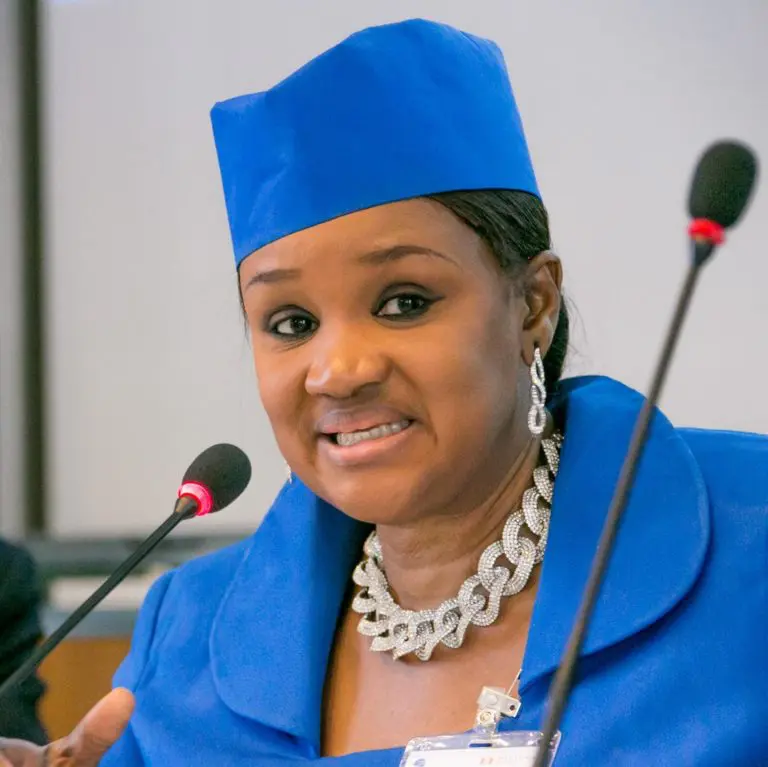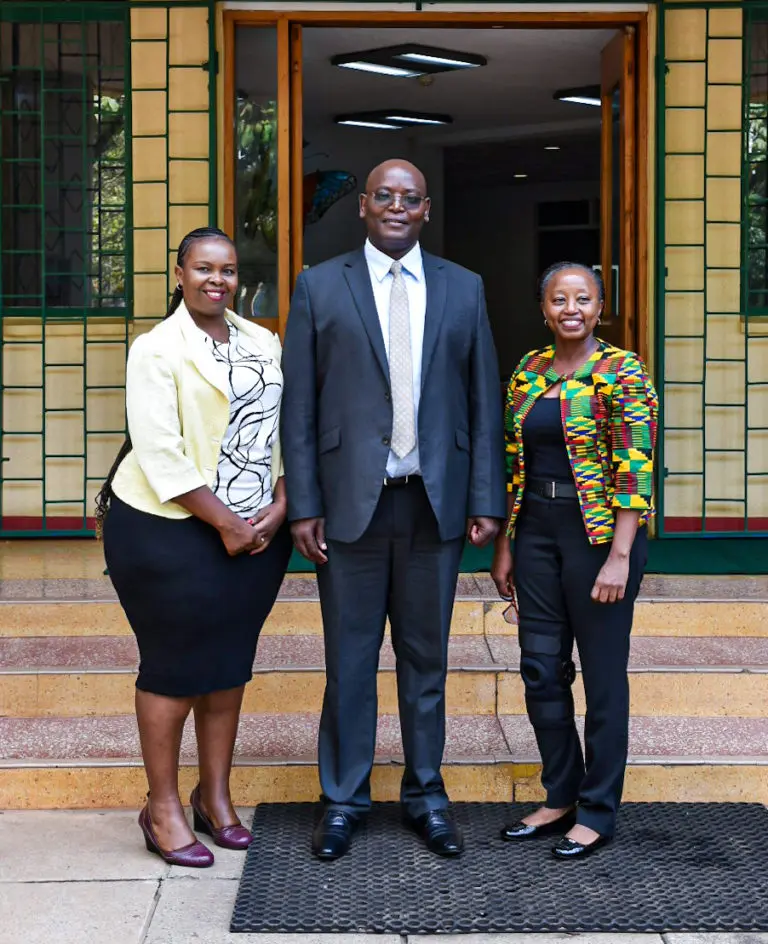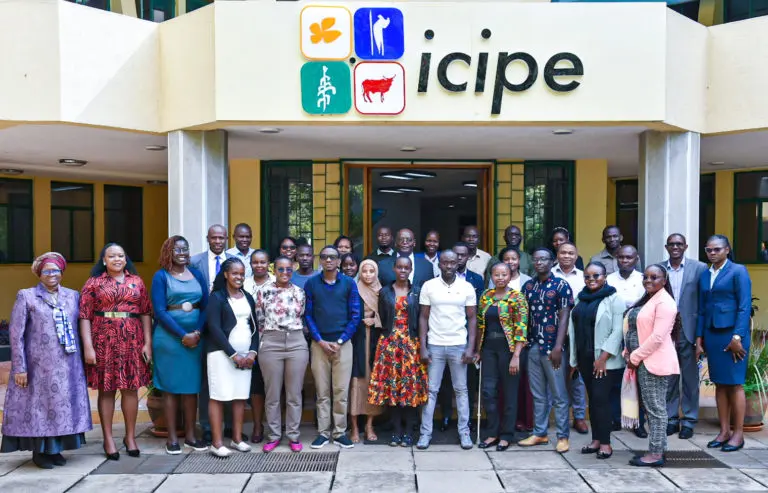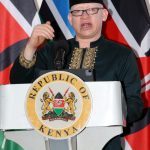The PASET Regional Scholarship and Innovation Fund (Rsif) has welcomed its sixth cohort of PhD scholars, marking another milestone in Africa’s push for advanced research and innovation. Hosted by the International Centre of Insect Physiology and Ecology (icipe), the programme has now supported 302 PhD students since 2018, with 45 graduates already making an impact in their home countries.
The latest cohort, funded by a $2 million grant from the Kenyan government, includes 21 scholars selected from over 810 applicants—eight of whom are women, highlighting Rsif’s commitment to gender inclusion in STEM. Dr. Julius Ecuru, Rsif RCU Manager at icipe, praised the scholars’ exceptional potential, calling Rsif “one of Africa’s most prestigious and competitive PhD programmes.”

During the orientation, Ms. Ruth Charo of the World Bank reminded the scholars that their research should address Africa’s pressing challenges. “This investment comes from taxpayers, and it’s a shared sacrifice for Africa’s STEM advancement,” she said. She also acknowledged the contributions of African governments, universities, and international partners like South Korea in making the programme a success.
Representing Kenya’s Ministry of Education, Mr. James Muchiri urged the scholars to focus on high-impact research. “Your work must add value to your countries and uplift communities,” he emphasized. Prof. Diallo, another speaker, encouraged resilience, saying, “Doctoral research is tough, but excellence will inspire those who follow.”

With 15 African universities and 32 global partners, Rsif has grown into one of Africa’s largest research networks. Scholars and advisors have published over 370 papers in top journals, earning 1,807 citations as of February 2025.
The new scholars—16 Kenyans and five from Ethiopia, Nigeria, Burkina Faso, and Tanzania—are set to begin their studies under Rsif’s 80/20 funding model, which prioritizes contributing countries while supporting pan-African talent. As they embark on this journey, their research is expected to drive solutions for Africa’s most critical challenges.









